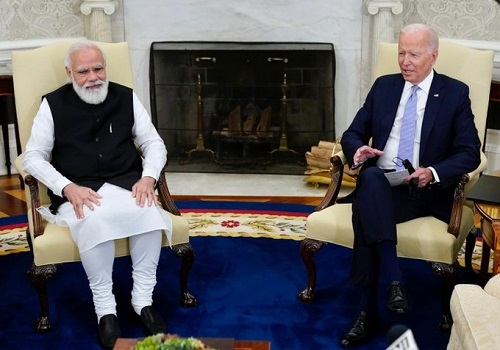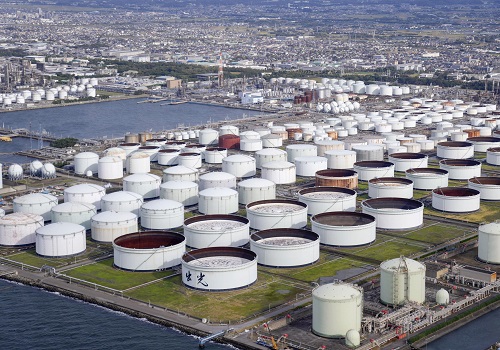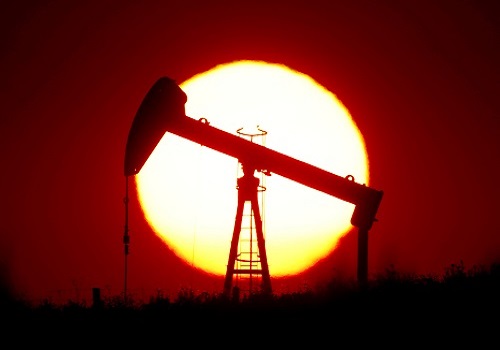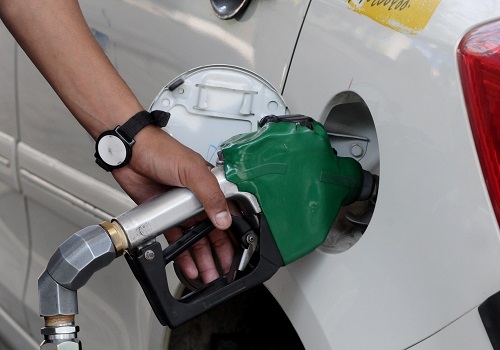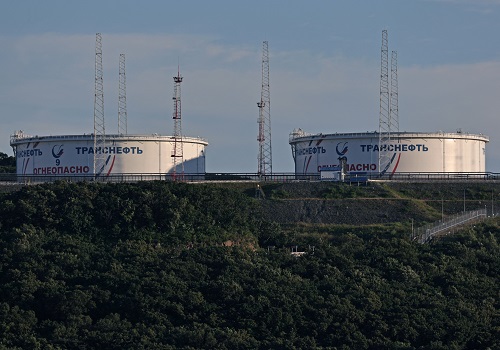Oil prices rise after OPEC+ keeps output cut targets, China eases COVID curbs
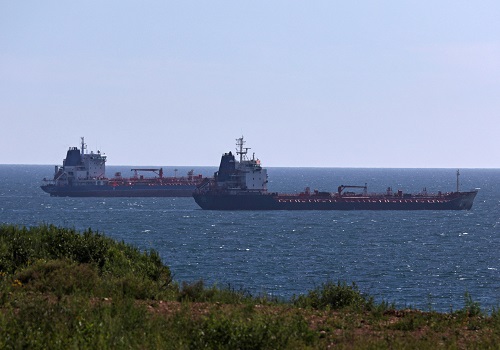
Follow us Now on Telegram ! Get daily 10 - 12 important updates on Business, Finance and Investment. Join our Telegram Channel
Oil prices edged up on Monday after OPEC+ nations held their output targets steady ahead of a European Union ban and a price cap kicking in on Russian crude.
At the same time, in a positive sign for fuel demand, more Chinese cities eased COVID-19 curbs over the weekend, though the partial easing in policies sowed confusion across the country on Monday.
While prices rose as much as 2% earlier in the day, both the Brent and U.S. West Texas Intermediate (WTI) contracts have since pared some gains. Brent crude futures were last up 49 cents, or 0.6%, to $86.06 a barrel at 0700 GMT, while WTI crude futures gained 51 cents, or 0.6%, to $80.49 a barrel.
The Organization of the Petroleum Exporting Countries (OPEC) and allies including Russia, together called OPEC+, agreed on Sunday to stick to their October plan to cut output by 2 million barrels per day (bpd) from November through 2023.
Analysts said the OPEC+ decision was expected as major producers wait to see the impact of the EU import ban and Group of Seven (G7) $60-a-barrel price cap on seaborne Russian oil, with Russia threatening to cut supply to any country adhering to the cap.
"While OPEC remained steady on output over the weekend, I expect they will continue to balance the market," said Baden Moore, head of commodity research at National Australia Bank.
"Roll-off of the SPR releases, and implementation of the EU sanctions and price cap act to tighten the market, although we'd expect the market has already positioned for this outlook," he said, referring to the U.S. strategic petroleum reserve.
The OPEC+ decision to keep production unchanged, along with weak economic data out of China, however, could reverse oil's price gains, said Leon Li, a Shanghai-based analyst at CMC Markets.
"The current economic data of China is still weak, with a sharp decline in imports and exports, which reflects the sluggish domestic demand and the declining trend of the overseas economy. It is challenging to drive the demand for crude oil," said Li.
"OPEC+ kept its output unchanged. Without further production reduction measures, oil prices may fall again."
Business and manufacturing activity in China, the world's second largest economy and top crude oil importer, have been hit this year amid strict zero-tolerance measures to curb the spread of the coronavirus.





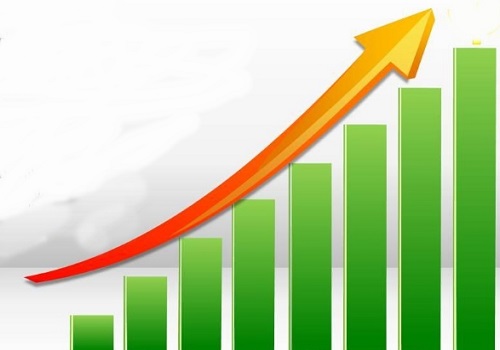






 320-x-100_uti_gold.jpg" alt="Advertisement">
320-x-100_uti_gold.jpg" alt="Advertisement">




